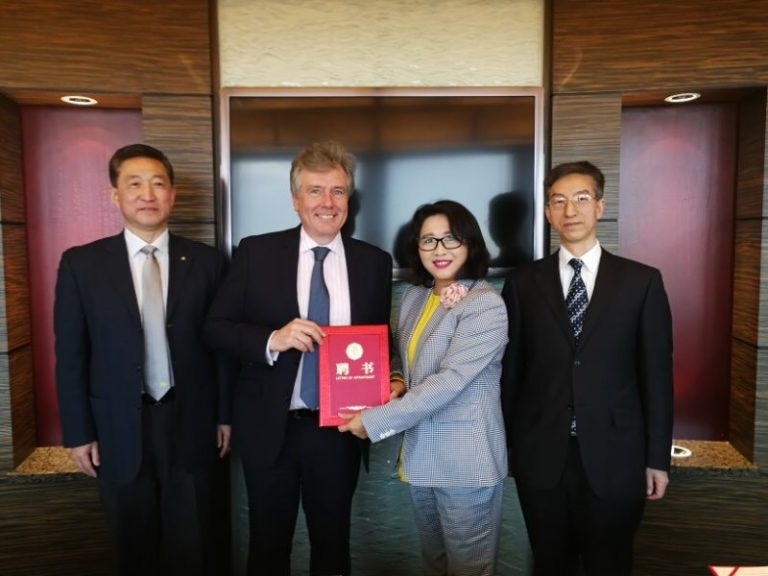Since leaving the House of Commons, I have been focusing on education; my years as Chair of the Education Select Committee propelled me into a number interesting positions, including, of course, becoming Senior Adviser at PLMR.
The big surprise to me has been the many opportunities to do business in China. With Brexit in mind, ‘exporting education’ to a country with a population of some 1.4 billion is an attractive proposition and being aware of the ambitions of the Chinese leadership, as exemplified by the Road and Belt Initiative, helped to signal routes towards potential business partners.
PLMR is fully cognisant of the economic prospects in China and has already established a China unit, producing a series of highly acclaimed reports on the Chinese economy with valuable insights on business sectors and international trade. With considerable turbulence in the global economy and signs of ‘growing pains’ in the Chinese economy, it necessary to have access to realistic and evidence-based analysis to inform forward planning.
China has developed rapidly since the normalisation of relations with the United Kingdom under Edward Heath between 1972 and 1974. The Chinese leadership remains conscious of the significance of this show of friendship and it helps to bolster relationships today.

With this background, I now have several education-related projects underway. One example is the creation of the UCL Centre for Teacher and Early Years Education. Based at the Institute of Education and with formal links with Chinese universities, this has been created with the mission to undertake research into early years teaching and teacher training. The reasoning behind this long-term project is to provide ‘best practice’ and informed policy making for the planned creation of some three hundred early years centre based, to some extent, on the Sure-Start model in the UK. Other research projects are also being formulated.
Another example is across the arenas of post-16 education, university education and research and development where high-tech businesses are seeking to support their operations through improving education provision and capacity. This is about forging formal partnerships between UK universities and Chinese based businesses with the objectives of creating joint-degrees in engineering subjects and investing in research centres. Watch this space.
This willingness by Chinese investors to support the development of education institutions extends into new schools and not just the already well-worn path of seeking to effectively replicate famous British public schools. Again, there is serious interest in building new institutions; it is likely that the UK academy model complete with the ability to specialise will gain traction across China. To this end, plans are now being formulated for a new STEM orientated international school in China.

Neil Carmichael with the Mayor of Datong
Finally, it is worth noting the desire of many Chinese cities to seek a ‘sister city’ to help with economic development. Datong – originally built on a mining and quarrying economy – is a case in point; the mayor is determined to transform his city into a high-tech economy supported by well-educated workforce all focussing on new forms of energy, transportation/logistics and manufacturing. It is early days, but Sheffield is on the radar.




